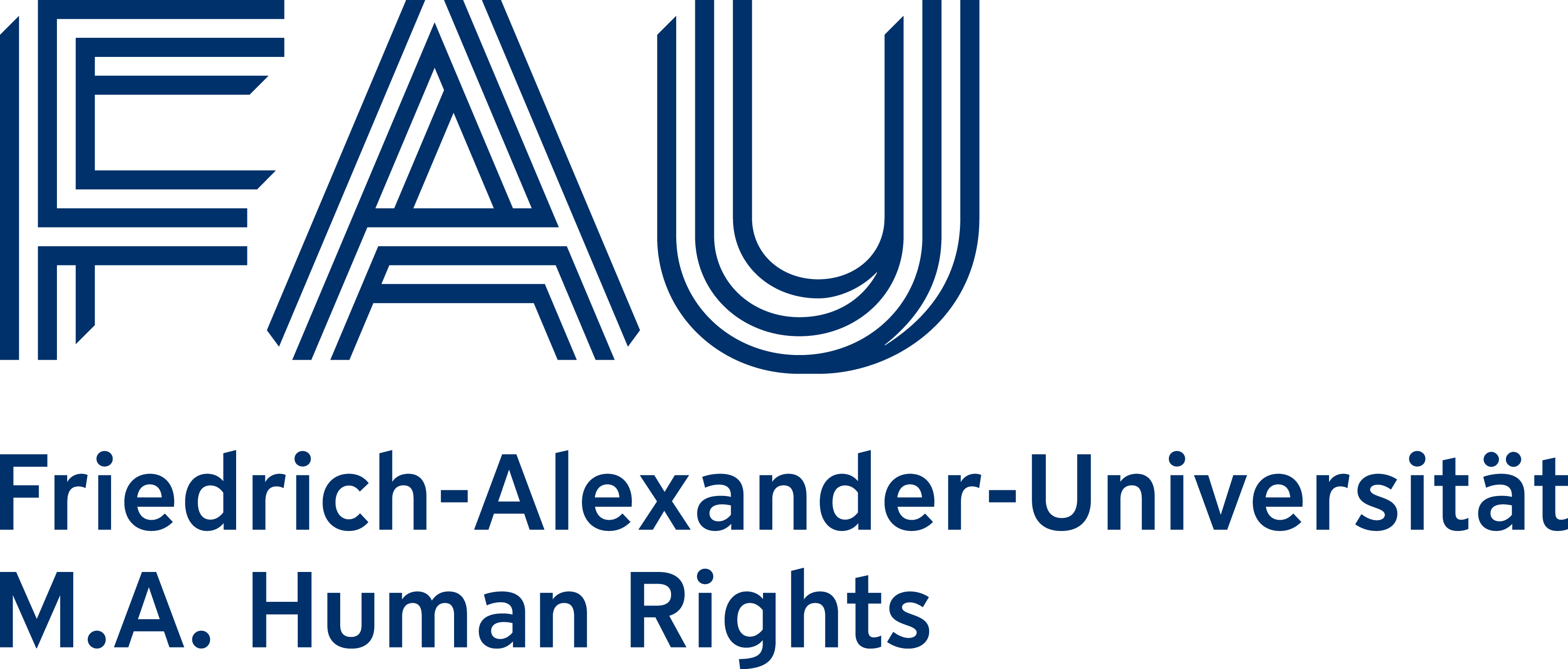Prof. Dr. Cameran Ashraf
Professor Cameran Ashraf is head of Human Rights at the Wikimedia Foundation, an assistant professor at the School of Public Policy, Central European University, and co-founder of international human rights and technology organization AccessNow. He is an adjunct faculty member of FAU’s M.A. Human Rights programme and teaches a specialization course entitled the Internet and Human Rights.
In 2009 Cameran assembled a team providing digital security to threatened activists, journalists, and vital leadership websites during Iran’s Green Movement against state-sponsored attacks. The team provided personal communications security for hundreds of vulnerable in-country activists and journalists, distributed proxy servers used by over 40,000 Iranians daily, facilitated more than 3 million protest video downloads from inside Iran, and played a key role in connecting millions worldwide to the peaceful protests. This work led Cameran to co-found AccessNow, one of the world’s largest international human rights organizations dedicated to defending and extending the digital rights of users at risk. In recognition of his work, the European Parliament selected AccessNow as a finalist for the 2010 Sakharov Prize for Freedom of Thought, the European Union’s highest human rights honour.
In 2015, Cameran completed his Ph.D. at UCLA on the geopolitics of Internet censorship and cyberwar. He is a recipient of the University of California’s Herbert F. York Global Security Fellowship, and awardee of a “Break the Blackout” grant from Avaaz.org.
Cameran has advised the International Criminal Court on digital security and given expert input to the offices of U.S. Senators Lindsay Graham and John McCain on global censorship policy. He has also been invited to speak at Harvard University, the Massachusetts Institute of Technology, UC Berkeley, the Organization for Security and Co-operation in Europe (OSCE), and as an invited expert for the Kofi Annan Commission on Elections and Democracy in the Digital Age. He has also appeared in the New York Times, National Public Radio, Wired Magazine, and Bloomberg BusinessWeek.


